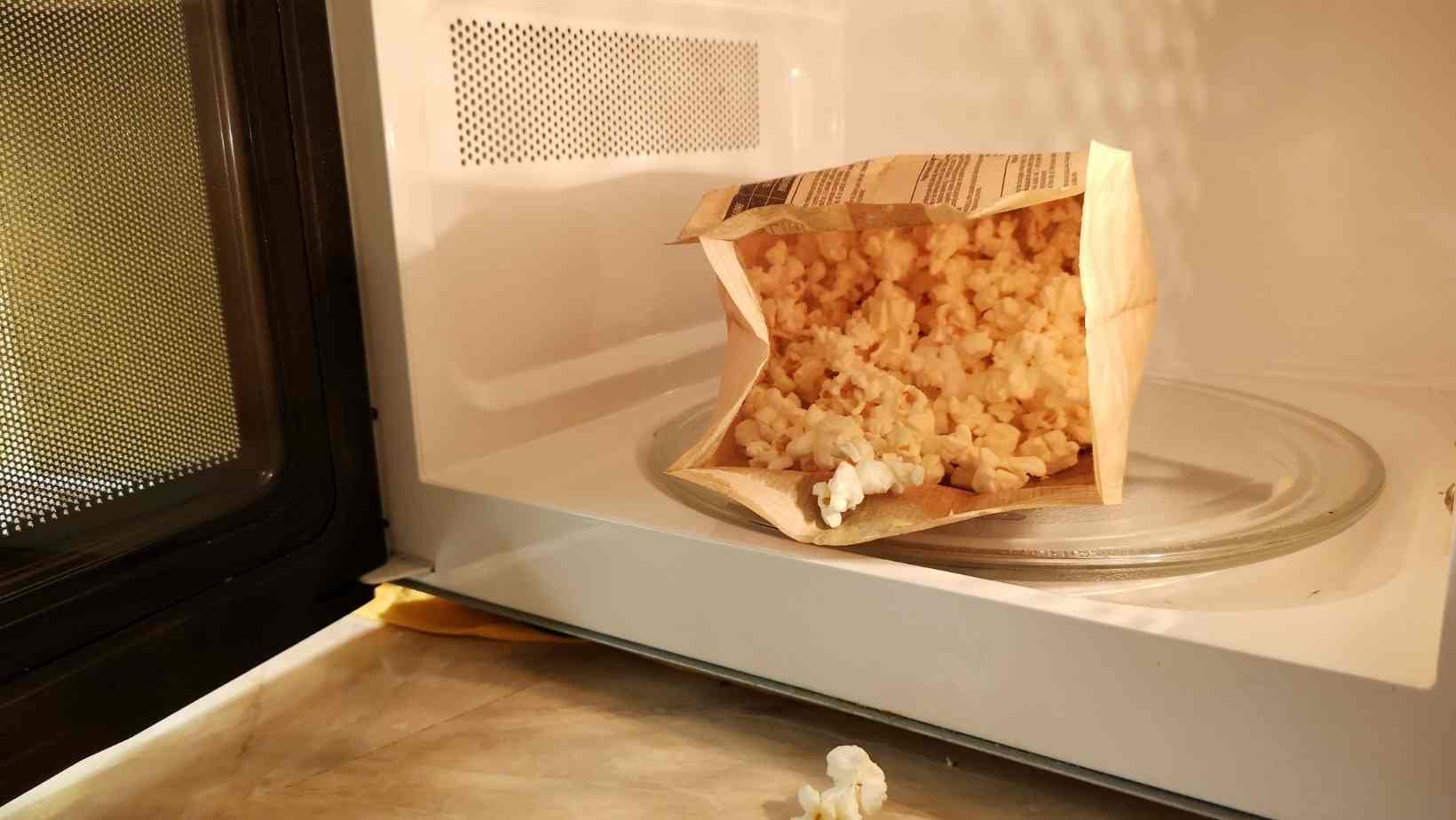High cholesterol and heart disease are significant issues for many individuals. As much as we'd want to maintain our teenage eating habits of eating everything in sight when we're diagnosed with these diseases, controlling what we eat becomes a key priority.
Just in case you didn't know, cholesterol is a waxy, fat-like substance present in all cells of the body. Cholesterol is needed by the body to aid in the production of vitamin D, hormones, and chemicals that aid in digestion.
Your body will produce enough cholesterol to fulfill these tasks, but certain foods may raise your cholesterol levels. According to the National Heart, Lung, and Blood Institute (NHLBI), too much cholesterol can cause health problems such as heart diseases.
So, is popcorn part of the list of foods that are bad for your cholesterol?

Popcorn itself, especially organic popcorn, does not contain cholesterol, but when processed with butter, it will contain dangerous levels of fats. Popping your popcorn in oil raises the fat level to about 2.3 grams per cup, while butter-flavored microwave popcorn has a fat content of 2.7 grams per cup. According to current research, adding butter to your preparation enhances the popcorn's fat and saturated fat content while also increasing the potential of raising cholesterol levels in the body. In addition, in certain types of microwave popcorn, hydrogenated oils are used, which result in trans fats being added to the popcorn. Trans fats raise cholesterol levels even more than saturated fat.
Microwave Popcorn and Cholesterol?
As discussed above, microwave popcorn can expose you to high cholesterol levels. Food manufacturers have traditionally utilized partially hydrogenated oil in their microwaveable popcorn due to the oil's high melting point, which keeps the oil solid until the popcorn bag is placed in the microwave.
Notably, many of them have made the transition to trans-fat-free oil in recent years, owing to the well-documented health concerns associated with trans fat.
What to Do To Avoid the Cholesterol
No one can deny the convenience that comes with microwave popcorn. And indeed, manufacturers have put efforts towards reducing the health effects of some ingredients found in this type of popcorn.
You should select popcorn brands that do not include partially hydrogenated oils, especially if you're into microwaveable options. Alternatively, you can make your popcorn on the stovetop or in an air popper - it's quick and easy and costs next to nothing. Most importantly, it exposes you to minimal levels of fats.
However, it's also clear that air-popped organic popcorn is the best choice as it contains little to no saturated fats that raise your cholesterol levels. A cup serving contains only 0.4 grams of saturated fats.
With air-popped popcorn, you can enjoy the health benefits of popcorn without exposing your body to cholesterol. For instance, quality popcorn contains significant amounts of fiber and whole grain - even higher than whole-wheat bread and brown rice.
According to experts, popcorn contains approximately 1 gram of fiber per cup, which means that eating just 3 cups of popcorn will provide you with more than 10 percent of the daily recommended intake of fiber, which stands at 25 grams.
Choosing Your Oil
You will be kicking your heels if you avoid microwave popcorn and go organic popcorn made with oil containing trans fats. When making your popcorn at home, it's essential to choose your popping oil with care.
The higher the amount of fiber in your diet, the higher your chances of reducing your cholesterol levels. When making healthy popcorn, a drizzle of extra virgin olive oil and a sprinkle of Parmesan cheese may make it more palatable.
Extra-virgin, avocado, and walnut oils are the healthiest, but they may impart a strange taste to popcorn. In this situation, canola oil is a good option.
Meanwhile, many chefs love coconut oil because it imparts a surprisingly light and sweet flavor to popcorn. But go slow on this one; coconut oil has a lot of saturated fat.
If you must use butter, heat just two or three teaspoons. This is enough to take care of up to three cups of popped popcorn, if well mixed. Then, with each batch, try to reduce the amount of butter you use until you completely eliminate it.
It is possible to tweak your ingredients to make your popcorn healthier. It is also possible to change the flavor to make it more appealing to your taste buds. For example, cheese powder may be used in place of salt in this recipe. Chocolate syrup, caramel, and a variety of other ingredients are all acceptable, and the list is endless.
Buy From Trusted Sources
A nice day out, a comfortable couch, cool drinks, a good movie, and friends. What is lacking? Popcorn! It isn't easy to picture a great movie date without these fluffy, delicious treats held on our laps and giving some exercise to your hands and mouth.
While flavored and ready-to-eat popcorns are available, it is best to buy the finest popcorn kernels and make your own treat at home.
For you to make those delicious popcorn treats at home, the process must begin with procuring the best quality kernels. Many trusted sources of organic popcorn, such as Shumway Farms, are dedicated to stocking the market with the highest quality and healthy popcorn kernels.
From white popcorn, mushroom popcorn, or butterfly popcorn, sourcing your kernels from a reputable supplier is what will ensure your family, friends, or customers enjoy the best taste popcorn has to offer.
A reputable supplier is one who cares about the product's safety and nutritional value and still offers competitive prices accompanied by excellent customer service.
